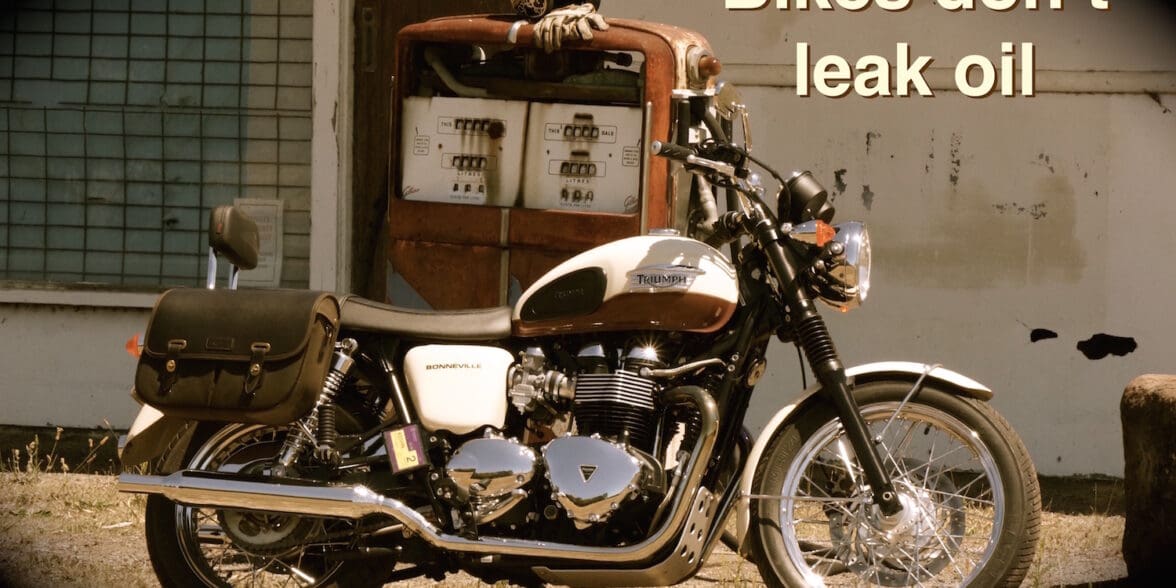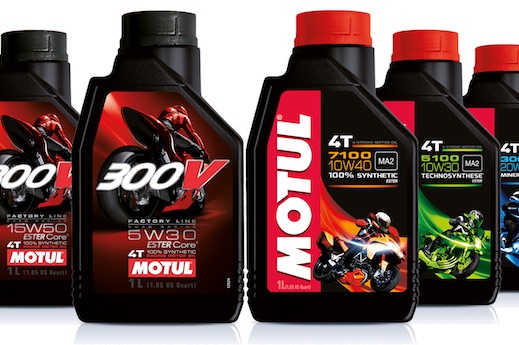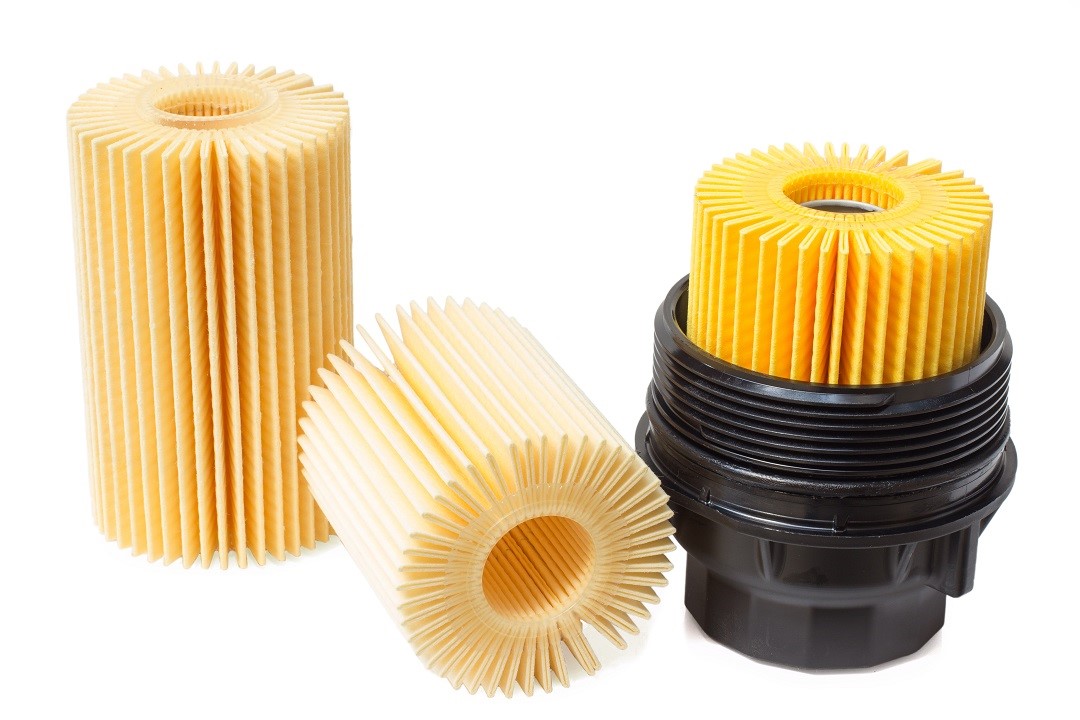Motorcycle manufacturers are extending service intervals in a bid to woo customers looking for cheaper maintenance, but should you change your oil more frequently?
Some service intervals are now as high as 15,000km. But does your motorcycle engine oil really last that long?
Meticulous owners still change their oils more regularly than required in the owner’s manual. That’s fine. It does no harm to change the oil more regularly than prescribed.
However, prolonging service intervals can not only void the warranty but do long-term damage to your bike’s engine that could lead to more costly repairs than the money saved in skipping oil changes.
Also, be aware that servicing is more than just changing the engine oil. It involves a host of other checks that make your bike are to ride.
Expert advice

We asked RACQ technical officer and Suzuki Bandit fan Steve Spalding for his views on oil changes and long service intervals.
“If manufacturers can design the right oil, provide good filtration systems and control engine temperature, then longer oil life is possible – this helps lower servicing costs for the rider,” Steve says.
But longer service intervals doesn’t always mean your bike will be cheaper to maintain, he warns.
“Matching engine and oil design is very much a complementary challenge for manufacturers and this is why some high-spec oils are now relatively expensive compared with the wide range of basic oils also available.
“The flip side of this is those who choose to push out the servicing periods that ultimately reduces the bike’s engine life, or buy cheaper low-quality oils and filters that don’t protect the engine properly.
“I’ve seen car engines fail at relatively early stages of their life because owners have delayed servicing beyond the already extended oil change periods.”
Types of oil
So what affects oil life and what type of oil should we use?
“Oil life is largely affected by degradation from heat and combustion deposits and that’s why synthetic oils will generally hold up better in high temperature situations found in performance engines,” he says.
Read here for more information on oil types.
“The oil provides a film between moving parts to reduce abrasion and wear. It also helps control engine temperature so there are plenty of good reasons to firstly use a good quality oil but also to change it regularly.”
You should consider changing the oil more frequently if you operate your motorcycle in harsh climates.
Another important aspect is to use the right oil.
“Choosing the correct oil specification is essential and that’s why most handbooks clearly show the oil type required and some manufacturers will only approve or recommend a specific oil type,” he says.
Change oil filter
Steve says every oil change should also include changing the oil filter.
“If debris is not adequately filtered out, it circulates the engine causing higher levels of internal wear.”
He says it is “false economy” to not change the filter.
Read here for more information on oil filters.
Mileage versus time
But what if we don’t ride our motorcycle very often?
“Mileage is just one criteria for setting oil change frequency,” Steve says.
“If a bike is only used infrequently then time becomes the trigger point for oil changes. That’s why manufacturers often set a limit of 10,000km or 12 months (or whatever time and distance interval they believe is necessary).
If you do your own oil changes, Steve also advises to properly dispose of the waste oil.
“Local councils will probably have waste oil collection for recycling purposes,” he says.





